Have you ever noticed how food tastes like cardboard when your sinuses are blocked? Or felt anxious because you can't smell smoke or gas leaks? Losing your sense of smell during sinus problems is more than just annoying—it affects your safety, enjoyment of food, and quality of life. The good news is that most sinus-related smell loss is temporary and can be recovered with the right approach.
What You'll Learn
- Why your sinuses steal your sense of smell and how it happens
- The two types of smell loss and which one recovers faster
- Proven recovery methods that actually work to restore your smell
- A real recovery timeline so you know what to expect
- Safety concerns and when to take smell loss seriously
Why Sinuses Steal Your Smell
Your sense of smell works like a complex delivery system. Scent molecules float through the air and travel up your nose to reach special smell receptors called olfactory neurons. These tiny sensors sit high up in your nasal cavity, right behind your eyes.
When sinus problems strike, this delicate system gets disrupted in two main ways. Think of it like a blocked highway—the scent molecules simply can't reach their destination. Your smell receptors are still working fine, but they're cut off from the outside world.
Sinus inflammation also creates a perfect storm for smell loss. The swollen tissues and thick mucus act like a barrier, while the infection itself can damage the sensitive smell neurons. This explains why some people recover their smell quickly while others take months.
The Two Types of Sinus-Related Smell Loss
Understanding your type of smell loss helps predict recovery time. There are two main categories, and they work very differently.
Conductive smell loss happens when swelling and mucus block scent molecules from reaching your smell receptors. It's like having a door slammed shut—the sensors behind the door work fine, but nothing can get through. This type is temporary and improves as your congestion clears.
Sensorineural smell loss occurs when inflammation actually damages the olfactory neurons themselves. These delicate cells can be injured by severe infection or prolonged inflammation. Recovery takes longer because the neurons need time to heal and regenerate.
Here's the encouraging news: most sinus-related smell loss is conductive. This means your smell receptors are likely undamaged and waiting to work again once the blockage clears.
Your Smell Recovery Action Plan
Recovery requires a three-step approach that addresses inflammation, clears obstructions, and retrains your smell system.
Start by reducing inflammation with targeted therapy. Red light therapy has shown promising results for sinus inflammation. The NoMore® Colds device uses specific wavelengths to reduce swelling and promote healing in your nasal passages.
Next, clear the physical blockages. Use saline rinses twice daily to flush out thick mucus. Steam inhalation also helps thin secretions and open blocked passages. These simple steps create a clear path for scent molecules to reach your smell receptors.
Finally, practice olfactory training. This involves smelling four distinct scents twice daily for several months. Choose rose, lemon, clove, and eucalyptus oils. Spend 20 seconds actively smelling each one while concentrating on the memory of that scent. This retrains your brain's smell pathways.
Smell Recovery Timeline: What to Expect
Recovery timelines depend on your type of smell loss. Conductive smell loss often improves within days to weeks as congestion clears. You'll notice food starting to taste better and familiar scents returning gradually.
Sensorineural damage requires patience. Full recovery typically takes 3-6 months of consistent olfactory training. However, many people notice improvements within the first month.
One user shared their experience: "I lost my smell completely for 3 months after a severe sinus infection. Using red light therapy with the NoMore® Colds device plus daily smell training, I recovered 90% of my sense of smell in just 8 weeks. Food finally tastes amazing again!"
Remember that everyone heals differently. Some people recover faster, while others need more time. Consistency with your recovery plan matters more than speed.
Safety Concerns You Shouldn't Ignore
Smell loss affects more than just enjoying food. Your sense of smell acts as an early warning system for danger. You might not detect gas leaks, smoke from fires, or spoiled food.
Take extra precautions while recovering. Install working smoke detectors and gas leak detectors in your home. Check expiration dates on food more carefully. Ask family members to help identify potential hazards you might miss.
See a doctor if your smell loss lasts more than 4 weeks after your sinus symptoms clear. Persistent loss might indicate nerve damage that needs medical evaluation.
Most sinus-related smell loss recovers completely with proper treatment. By understanding the process and following a structured recovery plan, you can speed your return to a world full of rich scents and flavors. Speed your smell recovery with NoMore® Colds and start your journey back to full sensory experience.

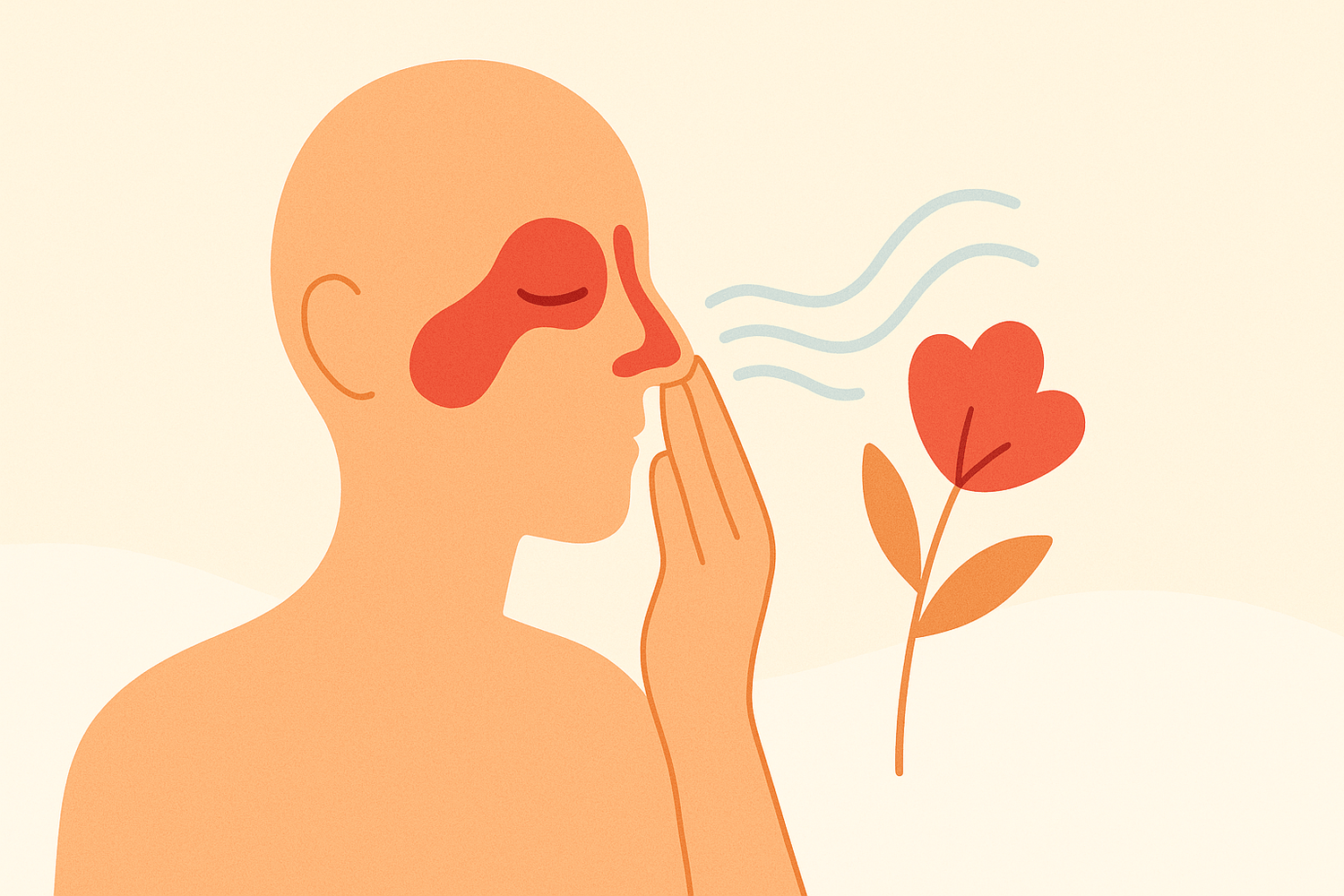
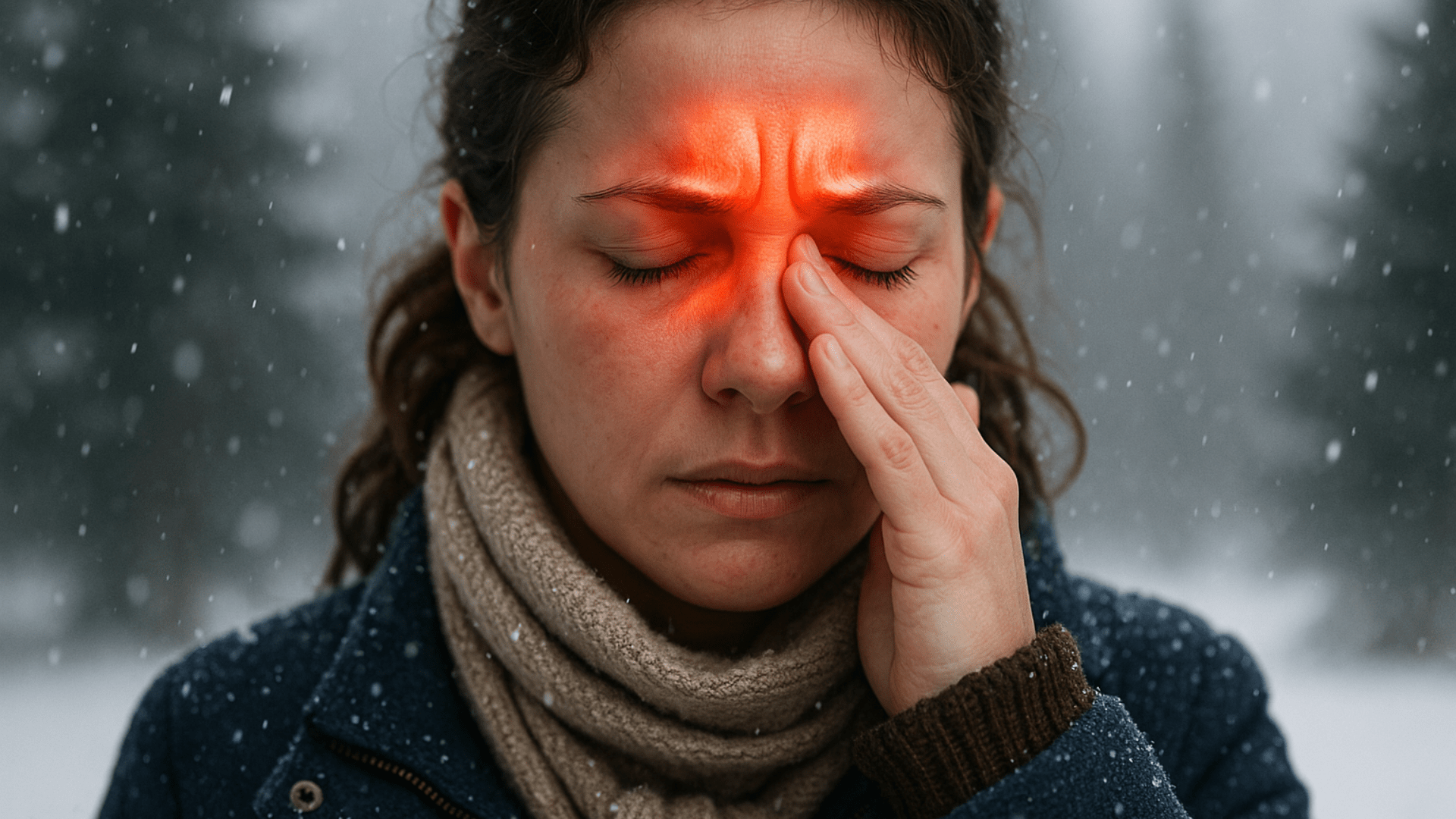
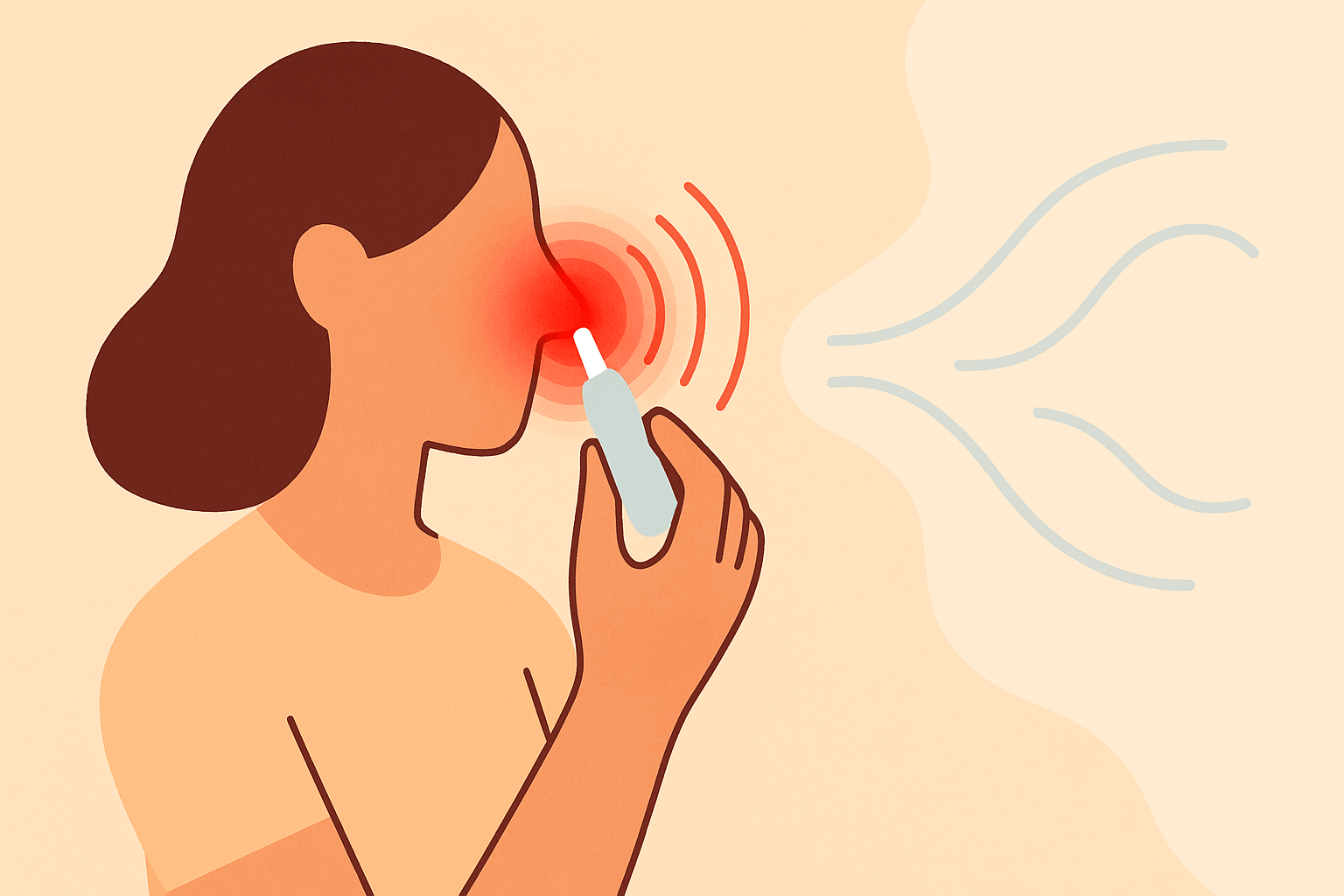
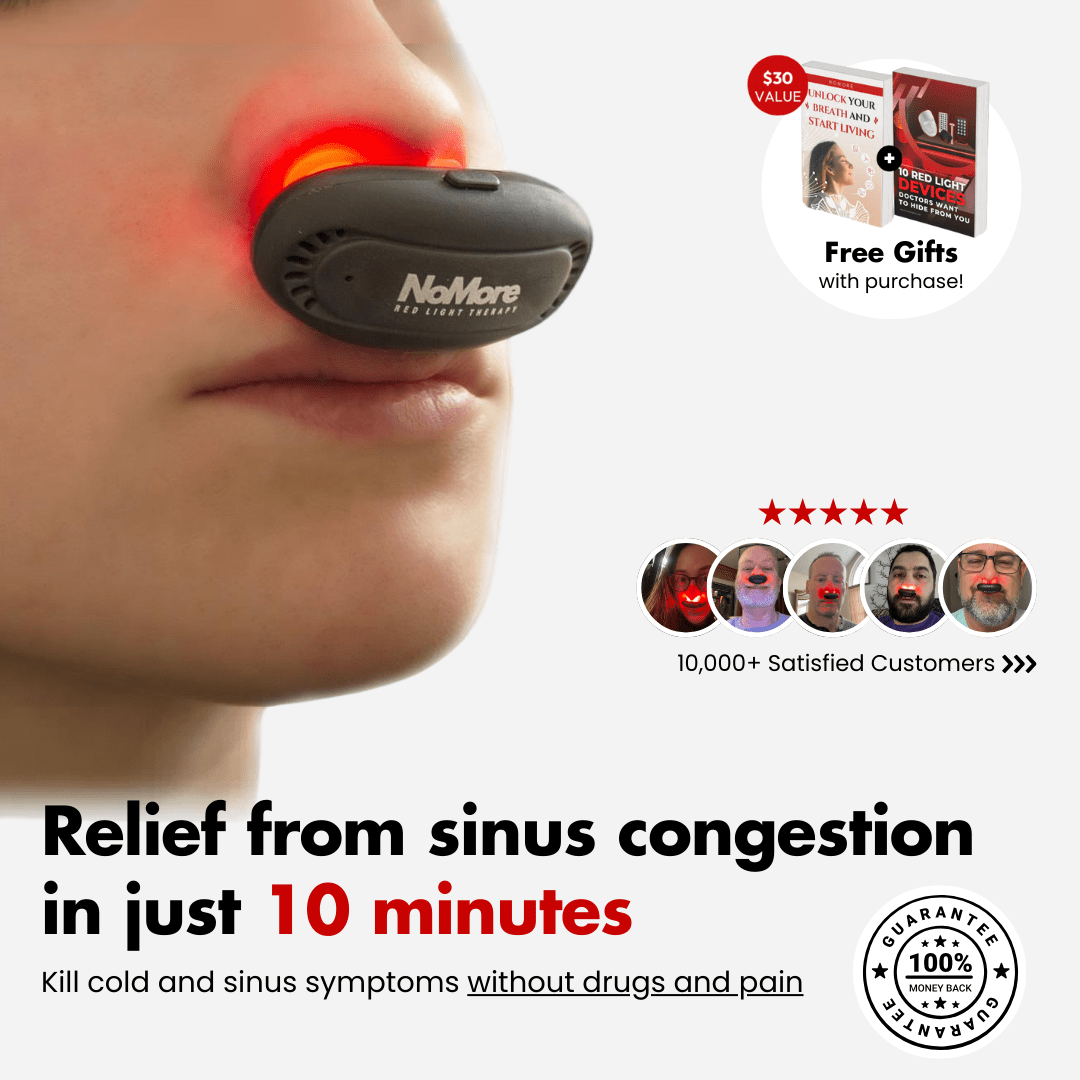
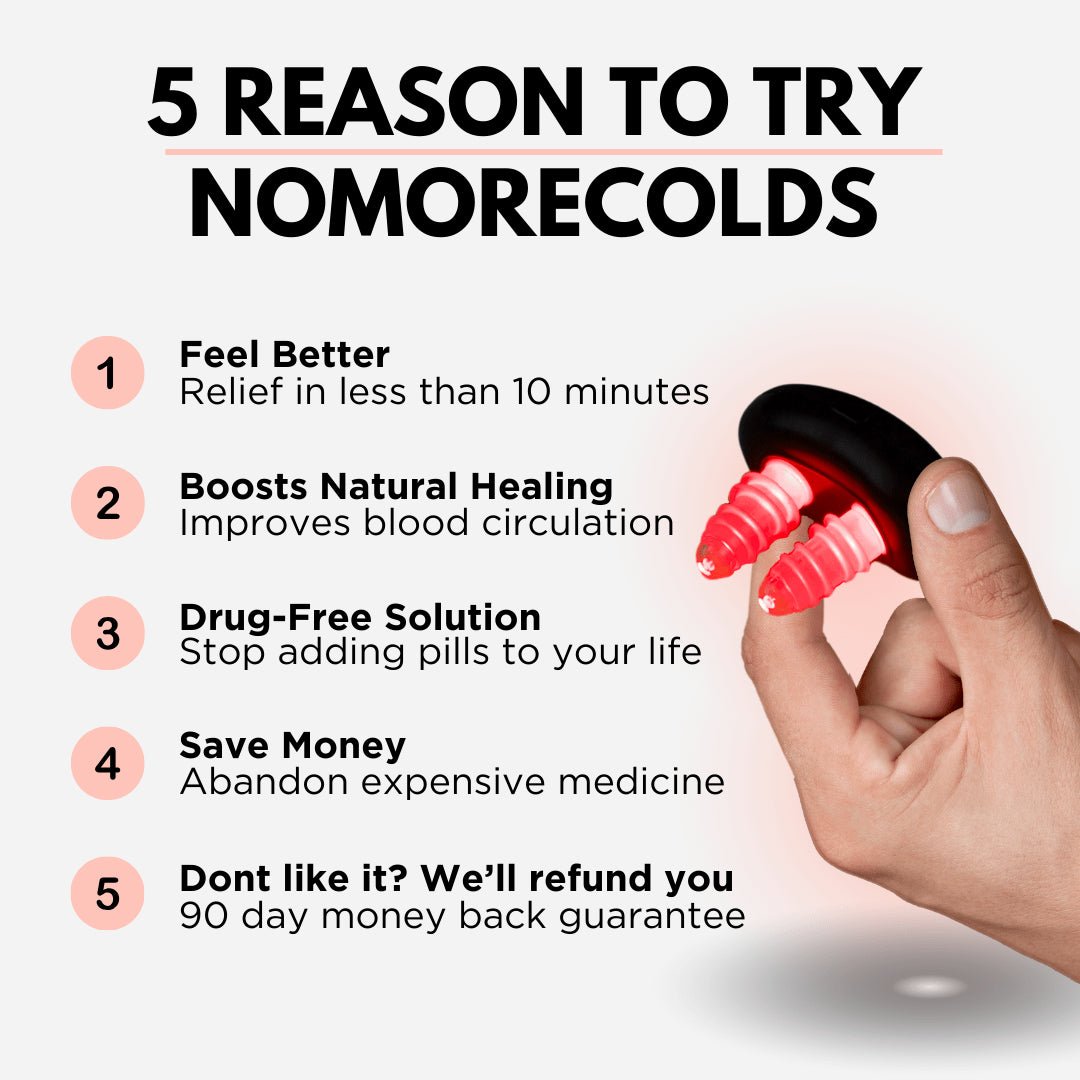
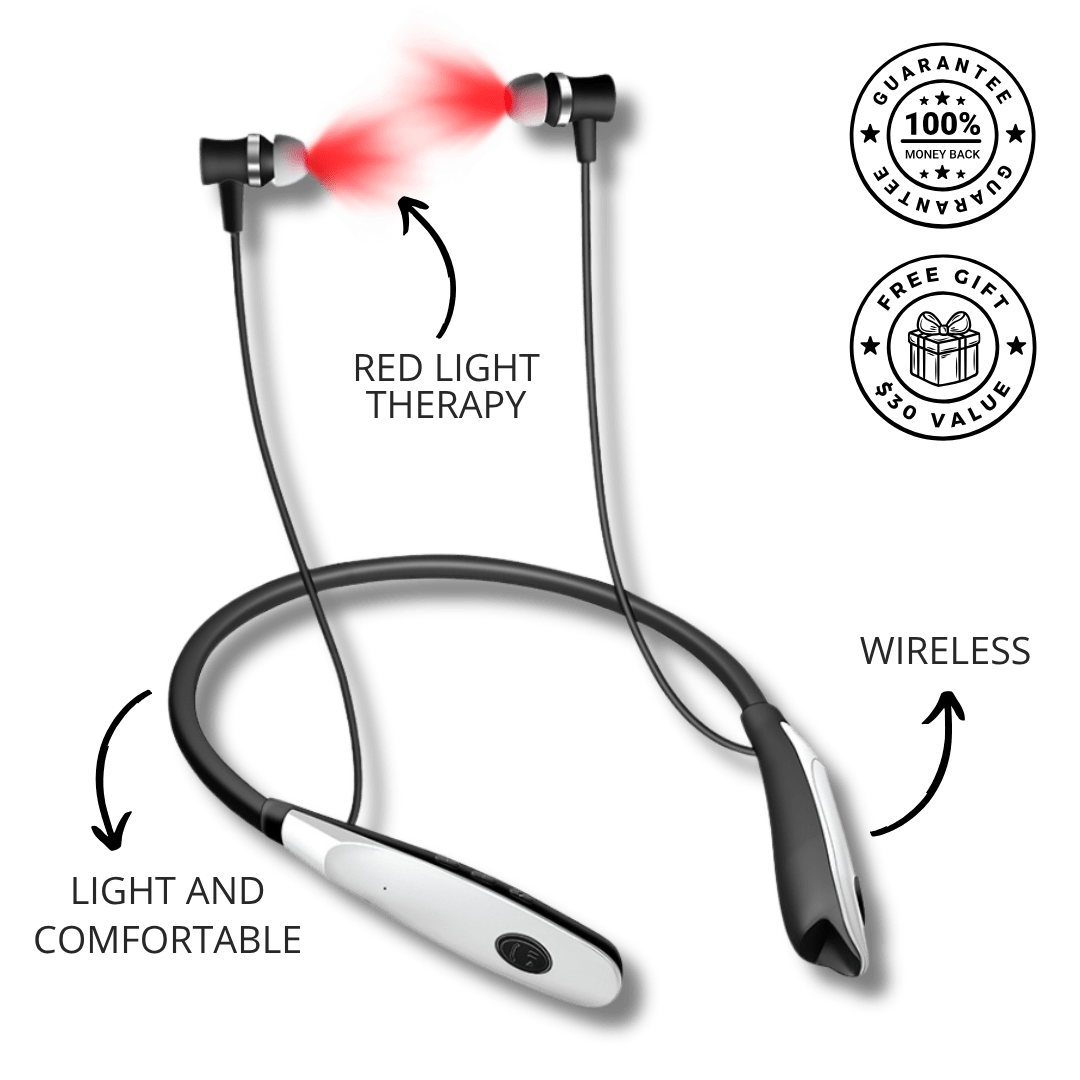
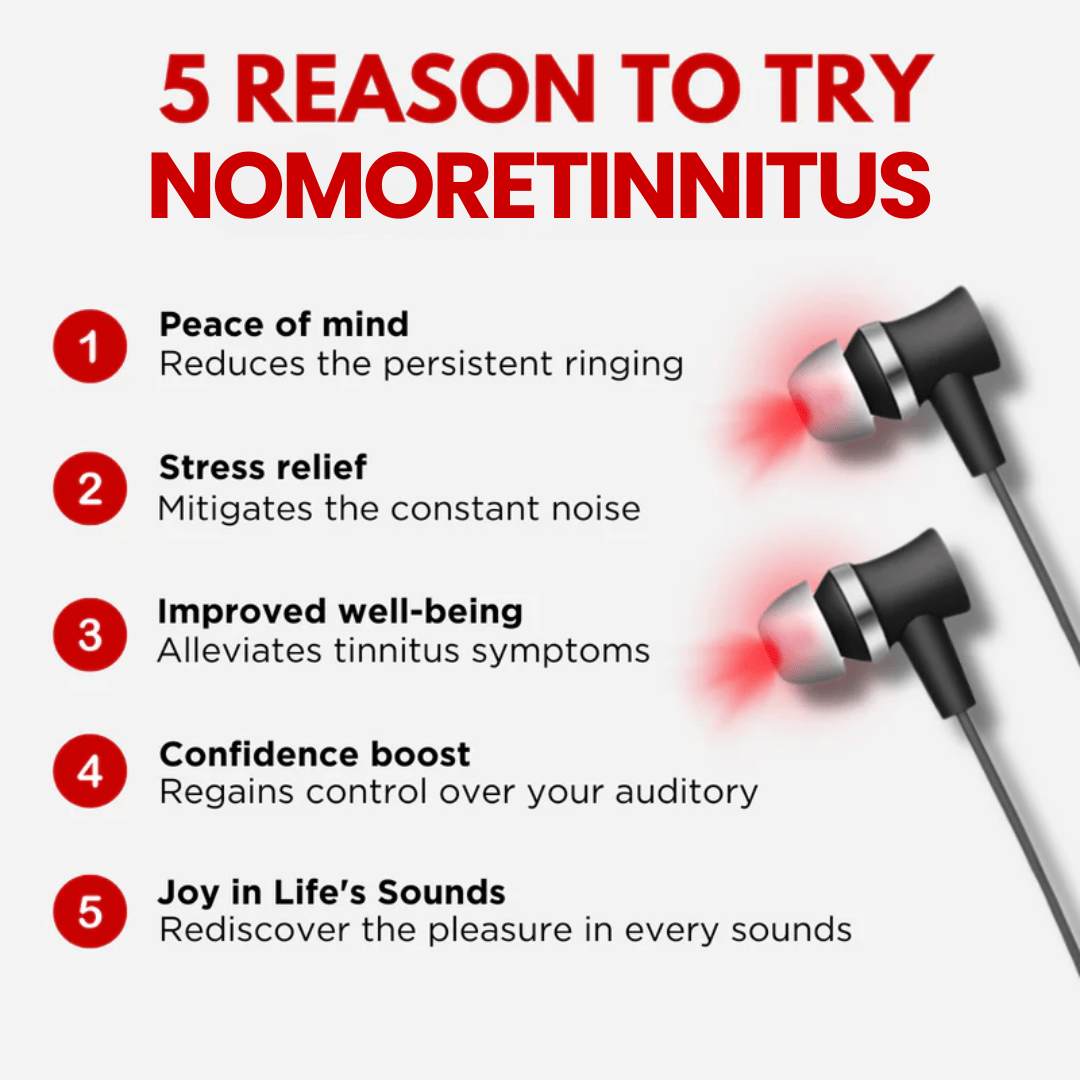
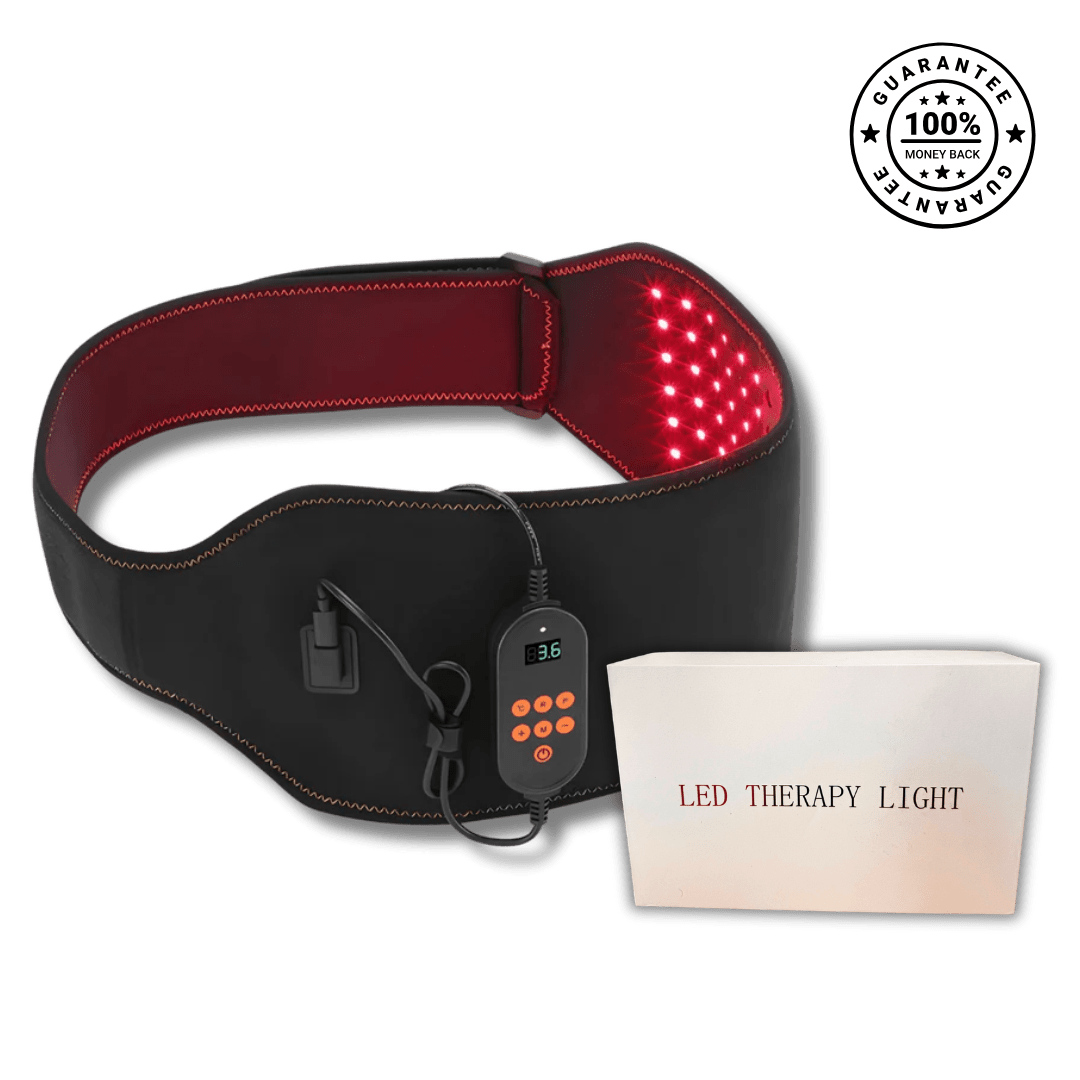

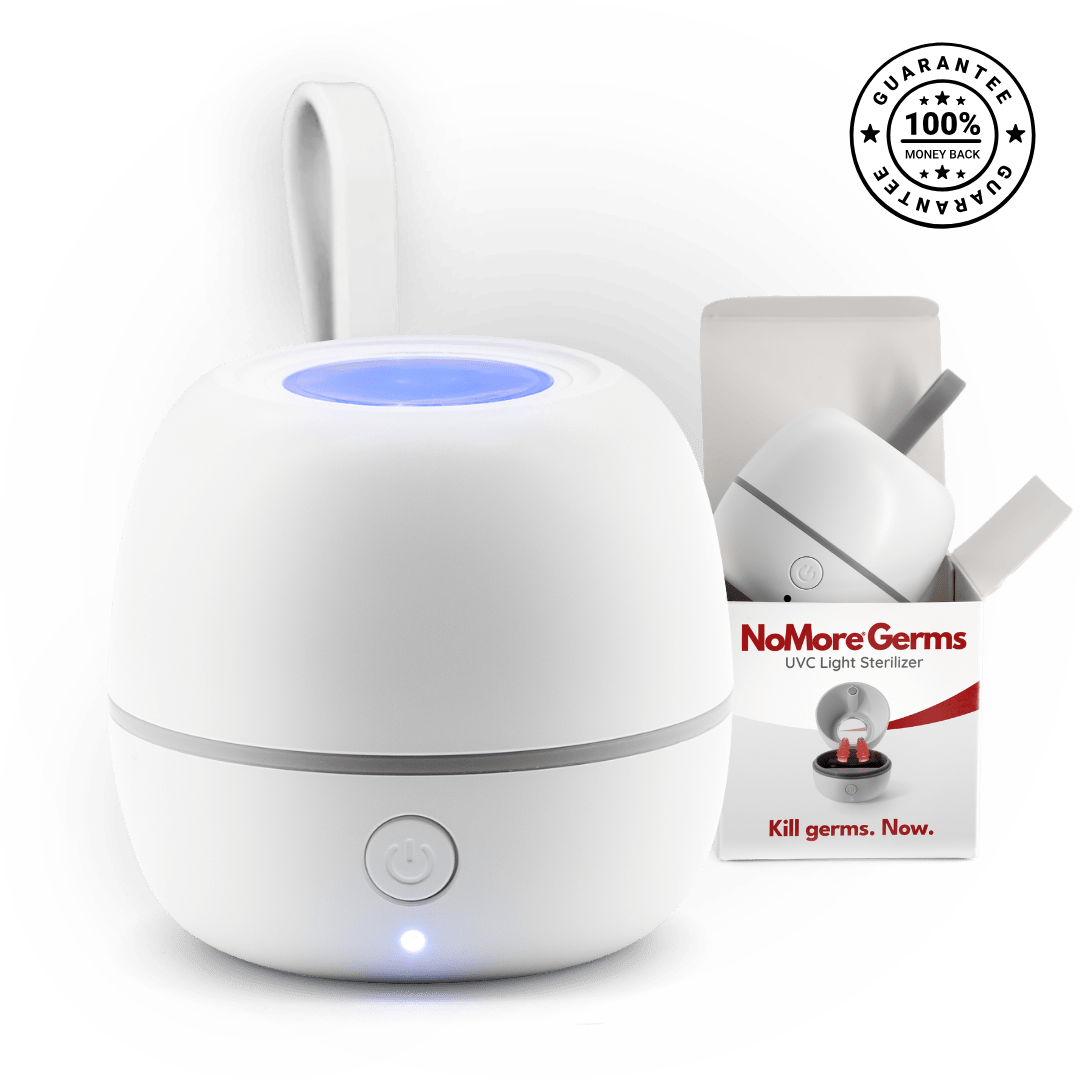
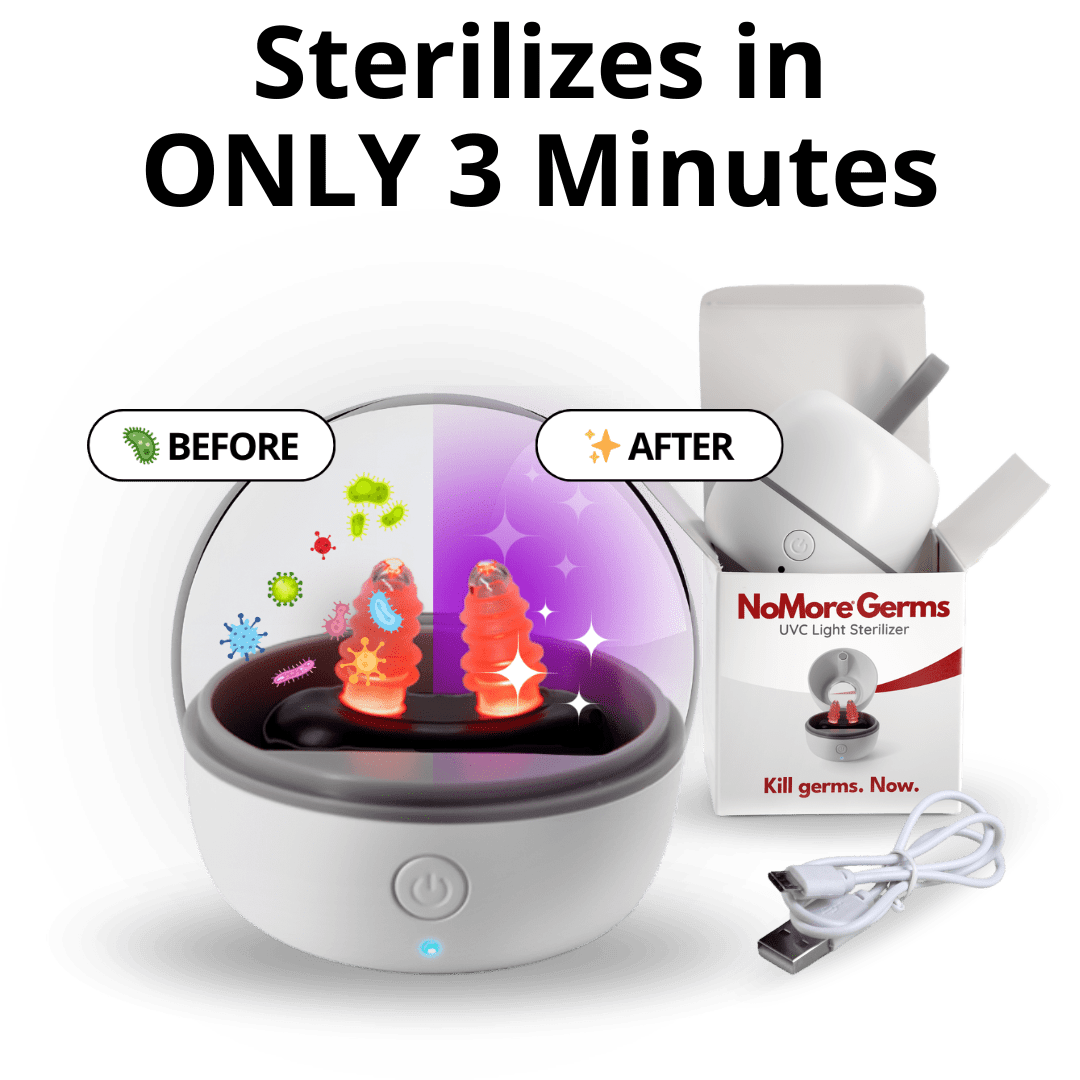
Leave a comment
All comments are moderated before being published.
This site is protected by hCaptcha and the hCaptcha Privacy Policy and Terms of Service apply.